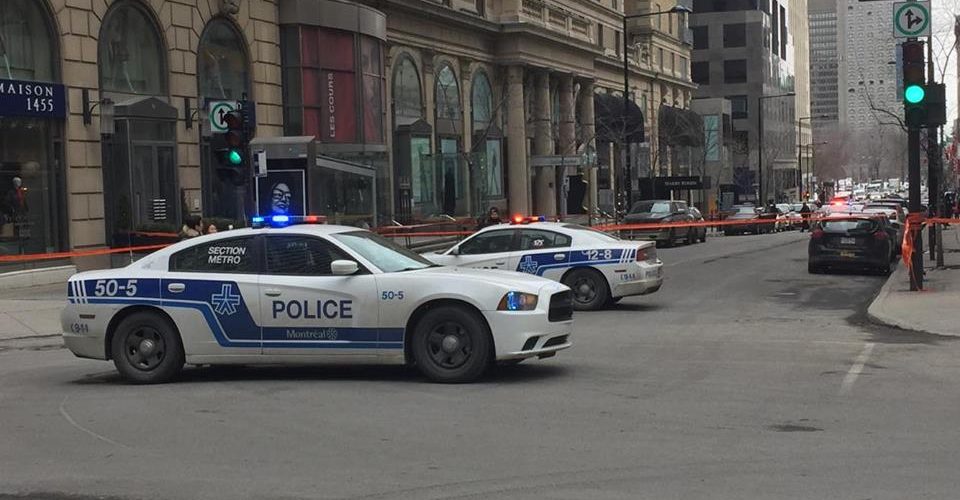On Sept. 18, McGill held one of three active shooter workshops scheduled for this year. The workshops, which McGill began facilitating five years ago, is designed to inform students and staff about how to stay safe during an active shooter situation. This scenario is defined in McGill’s security protocol as a situation in which an individual attempts to murder or injure others in a confined area.
The workshops cover statistics related to mass shooting incidents, early warning signs exhibited by a potential threat, and what to do in a real active shooter situation. The workshop ended with a viewing of McGill’s Active Shooter Training video, available online. Two Campus Public Safety staff members, Kevin Byers and Jeremme Doucette, facilitated the workshop.
“We really want to sensitize the community to the possible risk,” Byers said. “It’s unfortunate that it’s something happening in society, in the US, mainly. But we also have people [from] around the world who are part of our community, and we want to make sure [that] everybody has the same tools to deal with this unlikely incident.”
Doucette elaborated on the workshops’ aims to provide people with a plan of action when confronted with an active shooter.
“In stressful situations, people refer to what they’ve been taught,” Doucette said. “I compare it to first aid training. You might panic on the way there, panic after the fact, but in the heat of the moment you tend to refer to what you know.”
Audience member Bria Blair, a Student Affairs Coordinator in McGill’s Biochemistry Department, spoke positively of the experience.
“I enjoyed hearing the statistics,” Blair said. “The video was a bit disturbing. Myself, I don’t know how I would react in that situation. It was good to see it, but hard to watch.”
Blair also expressed regret about the low student turnout; only one student, a McGill Tribune writer, attended the workshop.
“It would be nice to see more […] students getting involved,” Blair said. “I don’t feel like enough people really think about the negative things in life. You never know what could happen.”
Byers acknowledged that the topic can be emotionally draining for some.
“As a citizen, as someone who watches TV and reads the newspaper, you see it so often,” Byers said. “If it happens on a weekend, it’s not necessarily a topic of conversation on Monday anymore. We just want to make sure that we don’t get complacent. [Mass shootings] have happened three times in [Montreal].”
In 1989, 25-year-old Marc Lépine murdered 14 women at École Polytechnique. Three years later, an associate professor at Concordia killed four colleagues in another mass shooting incident. The most recent incident occurred in 2006, when a 25-year-old man opened fire at Dawson College, killing one woman and injuring 19 others.
Both Byers and Doucette emphasized that students who prefer not to attend a live workshop could educate themselves in other ways.
“It might [involve] using the resources on our website,” Byers said. “It’s less intense.”
“Unfortunately, given the subject matter, it’s hard for us to make the [presentation] fluffy or fun,” Doucette said. “It’s an active shooter presentation, and it can be a difficult subject for people to talk about.”
Doucette emphasized the importance of finding ways to accommodate people more sensitive to this topic.
“If there’s a student interested, but they’re really not interested in participating in a group because they find it troublesome […] we may have alternative ways of getting that information to you,” Doucette said. “Particularly if you [or your family] have been through that type of situation. We’re really not trying to shock or upset anybody.”







